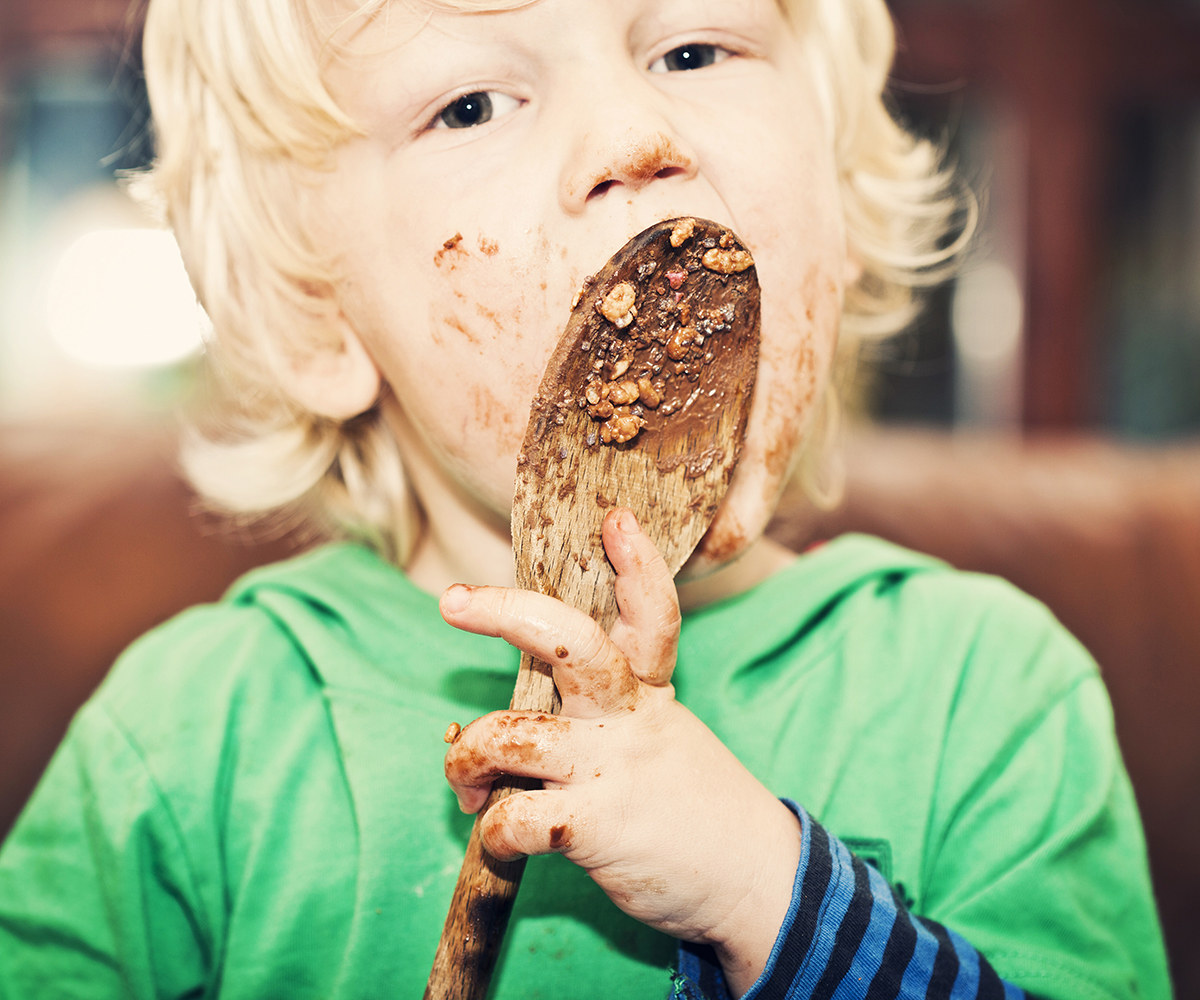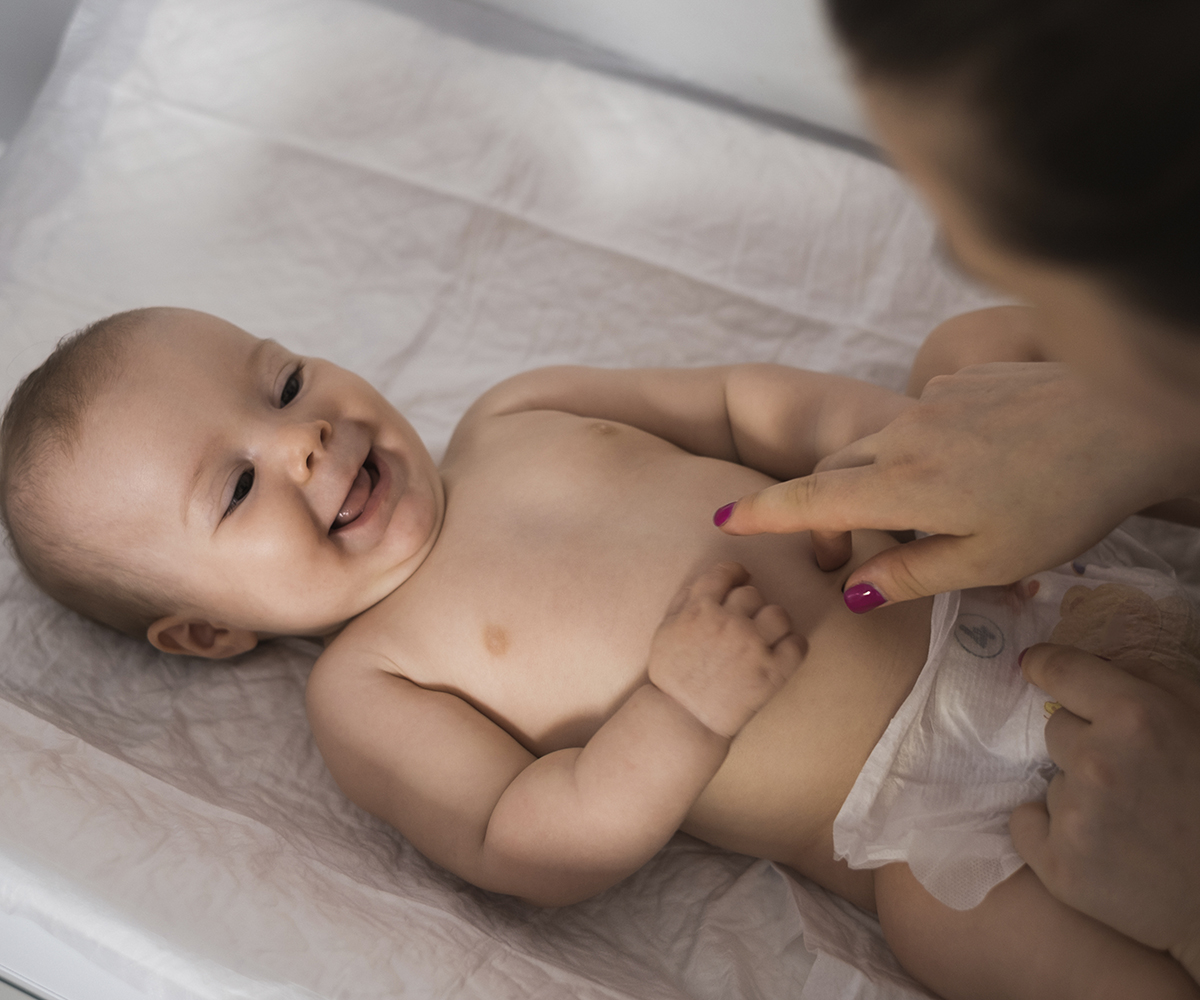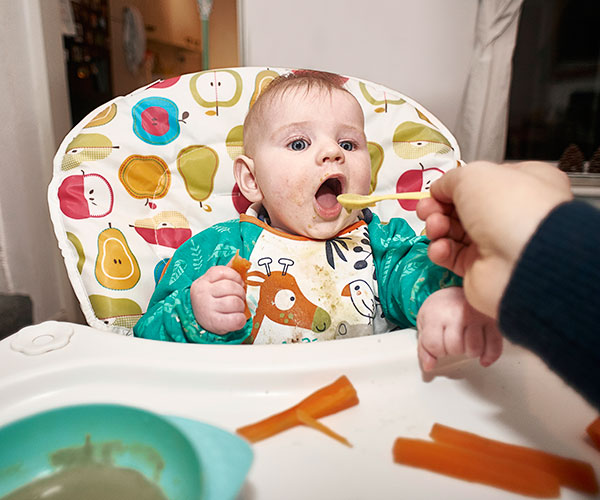If you randomly stopped parents of babies or young kids on the street and asked them to reveal the contents of their bags they’re highly likely to produce a pack of baby wipes.
Baby wipes are indispensable when you’re out and about – coming in handy for nappy changes, wiping up spills and cleaning grubby hands and faces.
But a new study has linked the use of baby wipes with children developing food allergies.
Over the past two to three decades scientists have noted that cases of food allergies have risen dramatically, and research has gone into getting to the bottom of why food allergies have become so common.
A study from Northwestern University in the United States has found that the use of baby wipes may be one of the key triggers.
When you use baby wipes, traces of the soap ingredient sodium lauryl sulphate are left on your baby’s skin and this can disrupt the skin’s protective fatty barrier.
Knowing that up a third of children with food allergies have a form of eczema, researchers hypothesised that immune reactions to food like nuts, soy and eggs trace back to the skin and what it absorbs.
That is, in babies that have a genetic predisposition to allergies, topical exposure to food allergens, dust and soap residue from baby wipes creates a ‘perfect storm’ that triggers a change in the top protective layer of skin.

As reported in the Daily Mail, the research was conducted on newborn mice with the same skin-related genetic mutations that occur in humans.
When the mice’s skin was exposed to peanuts, this alone induced no allergic response.
But they did suffer allergic reactions after they were exposed to food and dust on their skin three-to-four times for 40 minutes over two weeks – and then given pieces of egg or peanuts to eat.
The animals suffered allergic reactions at the site of skin exposure, as well as in their intestines. Their body temperatures also fell, indicating the severe food allergy anaphylaxis.
The findings were published in the Journal of Allergy and Clinical Immunology.
Lead author Professor Joan Cook-Mills explains that when she thought about what babies are exposed to in the home she realised they’re exposed to environmental allergens in dust. They may not be eating food yet, but they get food allergens on their skin through incidences like a sibling with peanut butter on their face kissing the baby, for example.
Professor Cook-Mills then investigated skin studies that assessed the impact of soap, and realised: “Oh my gosh!’ That’s infant wipes!'”
“This is a recipe for developing food allergy,” the professor of allergy-immunology at Northwestern University Feinberg School of Medicine said.
“It’s a major advance in our understanding of how food allergy starts early in life.”
To reduce your child’s risk of developing a food allergy, the scientists recommend parents wash their hands before touching their babies and rinse off excess soap after baby wipe use.


